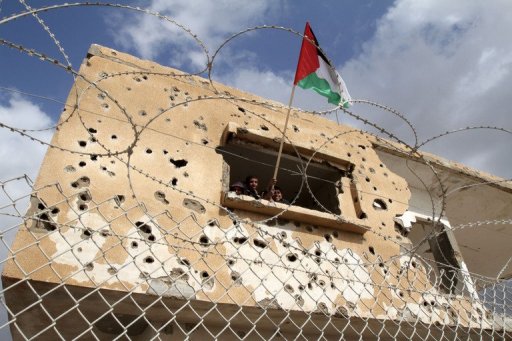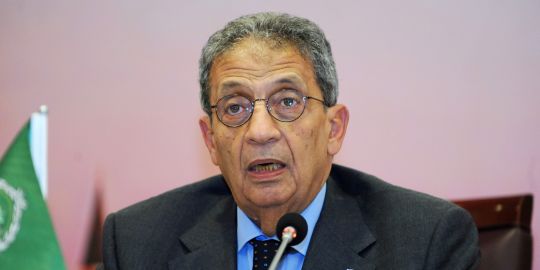Unless a miracle occurs and the Muslim Brotherhood agrees to take part in a new political process, society should prepare itself for a long struggle with the Brotherhood, whose end, and by what means it will occur, only God knows.
Those close to the country’s centres of power speak of a conflict with the Brotherhood in the coming period from which there is no refuge. We should take note of what Defence Minister General Abdel Fatah Al-Sisi stated in his discussion with the Washington Post nearly one week ago that the Brotherhood doesn’t believe in patriotism or nationalism, but rather in the establishment of an Islamic Caliphate.
When the most powerful figure in Egypt makes such a statement and after leaks indicate that the US supports the Brotherhood, the picture becomes clear and easy to understand: the upcoming struggle in Egypt is bound to be long.
The Brotherhood sit-in at Rabaa Al-Adaweya could end at any time, leading to the defusing of tensions. However we can still expect to witness a protracted, all-out struggle between the country’s secularists and Islamists.
The new security apparatus feels that the Brotherhood is supported by a number of western powers, for the purpose of presenting a challenge to society and bringing the Syrian model to Egypt. If the Brotherhood is unable to return to power via this method, they will, at the very least, be able to pose a threat to the new system by holding protests and engaging in civil unrest which could turn into some sort of hit and run war.
Added to these estimates is the concern that as a result of the extremist state of mind found within the Brotherhood’s leadership, a conflict is inevitable. It is a conflict that will not end soon, and will require the mobilisation of all of society in order to fight what may be a more brutal conflict than that which took place against various extremist groups in the 1990s. Regional and international powers will seek to fuel this conflict, either out of their support for the Brotherhood or out of their desire to wear out both sides, forcing the army to enter into a protracted internal conflict for the purpose of weakening it.
Is this conflict inevitable? The answer lies in the actions of the Brotherhood. If they lean towards peace and agree to take part in a new political process, then perhaps Egypt can move into its reconstruction stage. However, if they insist on adhering to the “all or nothing mentality” they risk the future of their organisation.
At any rate, the transitional stage, which we all assumed would be over six months after 11 February 2011, will continue to last into the unforeseeable future.
Again, unless a miracle occurs, we are headed towards a long, all encompassing conflict which will be launched sooner or later. Such a conflict must be settled in a way that guarantees that Egypt preserves its freedom in addition to its status as a civil and democratic state.
The question remains: is society ready to enter into this conflict?




